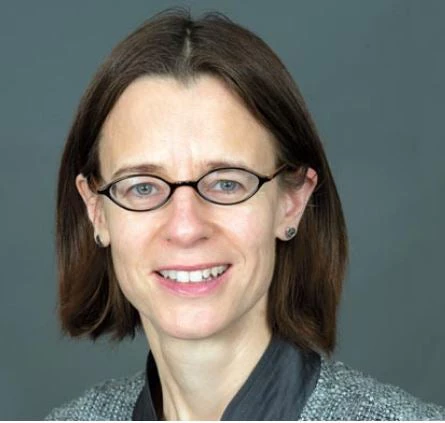
These are all exciting pledges, very much consistent with some of the efforts the World Bank and its Energy Sector Management Assistance Program (ESMAP) has launched to support the Sustainable Energy for All initiative, such as enhanced efforts on geothermal power, energy efficiency in cities, and gas flaring reduction, among others.
France's decision to join Sustainable Energy for All is to be welcomed, as its world-class energy companies bring valuable expertise to help achieve the initiative's objectives, that is, to deliver universal access to electricity and clean household fuels, double the share of renewable energy in the global mix, and double the rate of improvement in energy efficiency—all by 2030. Also, France's close ties to French-speaking countries in Africa—many of which are among the 66 countries that have opted in to the initiative—should help boost momentum behind it.
While President Hollande's address gave grounds for optimism about global prospects to achieve these energy goals in a climate-friendly way, Jeffrey Sachs, special advisor to the UN Secretary General, told energy leaders gathered here that "we are in serious trouble on climate change," as only part of the world is close to having some kind of clean energy road map, that part being the EU. The EU is responsible for less than 15% of global emissions, while the biggest emitters, namely the US and China, Sachs said, do not have a credible plan for cutting emissions. Global headline numbers for increased reach and investment in renewables, he added, conceal the fact that wind and solar continue to meet only a tiny portion of global energy demand. Gas discoveries, though helpful, will not get us as far as we ultimately need to go. Sachs announced that he will lead a solutions network “to do the arithmetic” on what it will take to get the world on a clean energy trajectory over the coming year.
Almost immediately following Sachs' frank critique, Chinese Vice Minister of National Energy Administration Liu Qi announced that his country will publish in March 2013 an energy strategy showing clean energy trajectories through to 2050. He said "deep technical exchanges" are taking place between China and various European countries on renewable energy technology, specifically with Germany on solar, Denmark on wind, the UK on off-shore wind, and Iceland on geothermal. Like France's President, Liu Qi announced his country's decision to join the International Renewable Energy Agency, and affirmed that China will be an advocate for Sustainable Energy for All.
Finally, the Argentine President - Cristina Fernandez de Kirchner - reminded the gathering of the large disparities that exist in per capita energy consumption and carbon emissions among high, middle and low income countries, and insisted that these historic inequities need to be reflected in any future climate deal. She also urged delegates not to discount the role of nuclear power in the global quest for low carbon energy.
So after Day One at the World Energy Future Summit, we have encouraging pledges, welcome decisions, lively debate and building momentum—but also sobering assessments of the distance we need to travel to achieve sustainable energy goals.


Join the Conversation